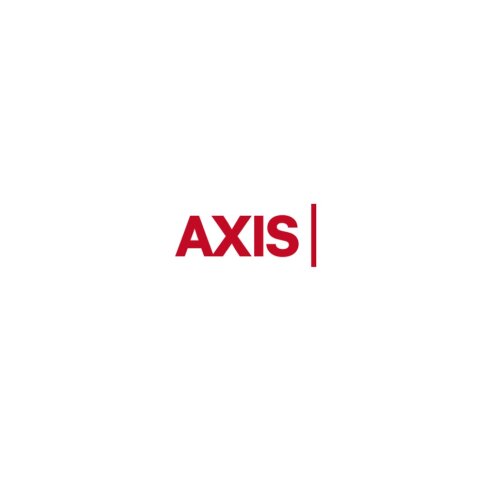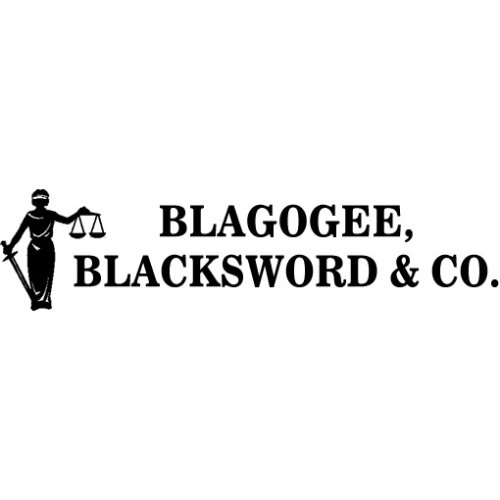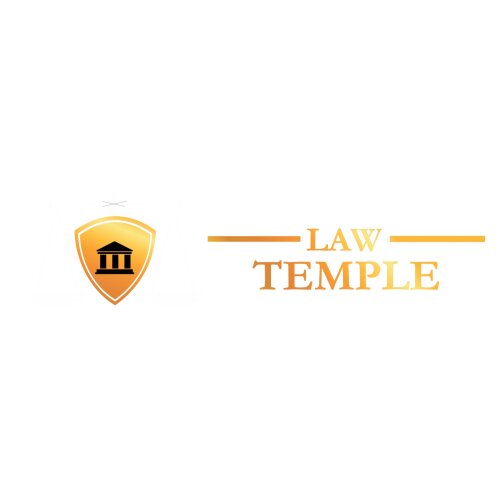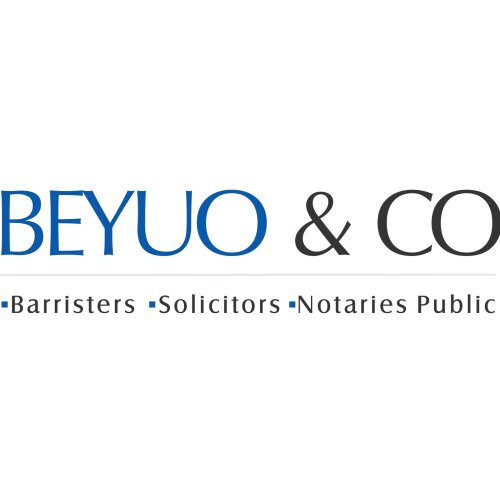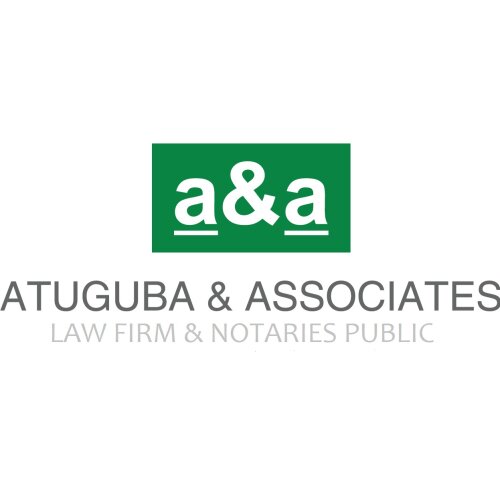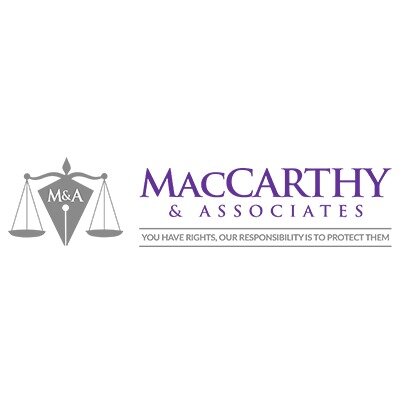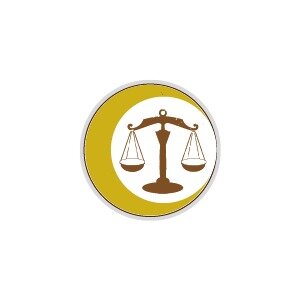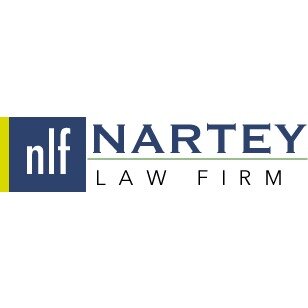Best Due Diligence Lawyers in Ghana
Share your needs with us, get contacted by law firms.
Free. Takes 2 min.
Or refine your search by selecting a city:
List of the best lawyers in Ghana
About Due Diligence Law in Ghana
Due diligence in Ghana involves a comprehensive appraisal of a business or individual to establish assets and liabilities and evaluate any potential commercial risks. It is a critical component in business transactions, such as mergers and acquisitions, investments, and partnerships. In Ghana, due diligence encompasses the review of financial records, legal documentation, and compliance with both local and international regulations to ensure transparency and informed decision-making. The process is influenced by the regulatory framework established by bodies such as the Registrar General’s Department, the Ghana Revenue Authority, and industry-specific regulators.
Why You May Need a Lawyer
Engaging a lawyer for due diligence is advisable in several situations, such as:
- Mergers and Acquisitions: To assess legal risks and ensure that all legal documentation is in order.
- Investor Assessment: To verify the credentials and financial health of potential business partners or investments.
- Risk Mitigation: To identify and address potential liabilities, such as unpaid taxes or unresolved legal disputes.
- Property Acquisition: To confirm the legitimacy of property titles and encumbrances.
Local Laws Overview
The following key legal aspects are particularly relevant to conducting due diligence in Ghana:
- Companies Act 2019 (Act 992): Governs corporate activities and provides a framework for business operations and shareholder rights.
- Ghana Investment Promotion Centre Act, 2013 (Act 865): Sets guidelines for registering and managing foreign and local investments in Ghana.
- Land Act, 2020 (Act 1036): Establishes the legal framework for land ownership and transactions, vital for real estate due diligence.
- Data Protection Act, 2012 (Act 843): Regulates the processing of personal data, ensuring privacy and fair practice in handling personal information during due diligence.
Frequently Asked Questions
What is the purpose of due diligence in Ghana?
Due diligence aims to fully understand the legal, financial, and operational aspects of a business or transaction to ensure informed decision-making.
How long does due diligence take in Ghana?
The duration can vary widely, depending on the complexity of the transaction and the thoroughness required, typically ranging from a few weeks to several months.
Who typically performs due diligence?
Due diligence can be conducted by potential investors, buyers, or their appointed legal and financial advisors.
What are some common challenges in due diligence in Ghana?
Challenges may include incomplete documentation, language barriers, and discrepancies in public records.
Is due diligence mandatory for all transactions?
While not legally required, due diligence is highly recommended, especially for significant investments and takeovers, to mitigate risks.
What documents are typically reviewed during due diligence?
Documents may include financial statements, legal contracts, organizational charts, and compliance records, among others.
How does due diligence address compliance with local laws?
By reviewing business licenses, permits, tax records, and regulatory filings to ensure adherence to relevant legal frameworks.
Can issues found during due diligence be resolved prior to proceeding?
Yes, identified issues should be negotiated and resolved before completing a transaction.
How is confidentiality handled during due diligence?
Parties usually sign non-disclosure agreements to protect sensitive information exchanged during the process.
What role does due diligence play in mergers and acquisitions?
Due diligence provides an in-depth understanding of the target's business operations, legal standing, and financial health, guiding decision-making and valuation.
Additional Resources
For those seeking further information or assistance with due diligence in Ghana, consider the following resources:
- Registrar General’s Department: Manages business registration and provides guidance on corporate governance.
- Ghana Investment Promotion Centre (GIPC): Offers resources and support for investors in Ghana.
- Ghana Revenue Authority (GRA): Provides information on taxation and compliance for businesses operating within Ghana.
- Professional Legal and Financial Advisory Firms: Engaging experts in Ghana can aid in detailed and compliant due diligence processes.
Next Steps
If you need legal assistance with due diligence, consider the following steps:
- Research and Identify Legal Experts: Look for reputable law firms or legal practitioners specializing in corporate law and due diligence.
- Schedule a Consultation: Meet with experienced lawyers to discuss your specific needs and evaluate their expertise and approach.
- Prepare Necessary Documentation: Gather all relevant documents and information that may be required during the due diligence process.
- Engage Legal Counsel: Formally engage a lawyer or legal team to conduct or assist with the due diligence process, ensuring all legal and regulatory aspects are thoroughly reviewed.
Lawzana helps you find the best lawyers and law firms in Ghana through a curated and pre-screened list of qualified legal professionals. Our platform offers rankings and detailed profiles of attorneys and law firms, allowing you to compare based on practice areas, including Due Diligence, experience, and client feedback.
Each profile includes a description of the firm's areas of practice, client reviews, team members and partners, year of establishment, spoken languages, office locations, contact information, social media presence, and any published articles or resources. Most firms on our platform speak English and are experienced in both local and international legal matters.
Get a quote from top-rated law firms in Ghana — quickly, securely, and without unnecessary hassle.
Disclaimer:
The information provided on this page is for general informational purposes only and does not constitute legal advice. While we strive to ensure the accuracy and relevance of the content, legal information may change over time, and interpretations of the law can vary. You should always consult with a qualified legal professional for advice specific to your situation.
We disclaim all liability for actions taken or not taken based on the content of this page. If you believe any information is incorrect or outdated, please contact us, and we will review and update it where appropriate.
Browse due diligence law firms by city in Ghana
Refine your search by selecting a city.



